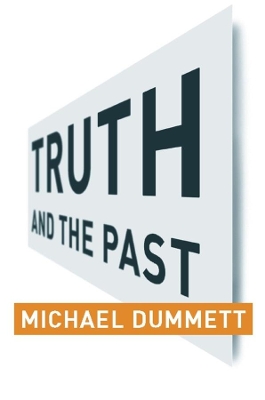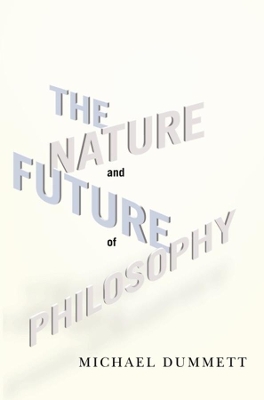Columbia Themes in Philosophy
2 total works
Michael Dummett's three John Dewey Lectures-"The Concept of Truth," "Statements About the Past," and "The Metaphysics of Time"-were delivered at Columbia University in the spring of 2002. Revised and expanded, the lectures are presented here along with two new essays by Dummett, "Truth: Deniers and Defenders" and "The Indispensability of the Concept of Truth." In Truth and the Past, Dummett clarifies his current positions on the metaphysical issue of realism and the philosophy of language. He is best known as a proponent of antirealism, which loosely characterizes truth as what we are capable of knowing. The events of the past and statements about them are critical tests of an antirealist position. These essays continue and significantly contribute to Dummett's work.
Philosophy is a discipline that makes no observations, conducts no experiments, and needs no input from experience. It is an armchair subject, requiring only thought. Yet that thought can advance knowledge in unexpected directions, not only through the discovery of new facts but also through the enhancement of what we already know. Philosophy can clarify our vision of the world and provide exciting ways to interpret it. Of course, philosophy's unified purpose hasn't kept the discipline from splintering into warring camps. Departments all over the world are divided among analytical and continental schools, Heidegger, Hegel, and other major thinkers, challenging the growth of the discipline and obscuring its relevance and intent. Having spent decades teaching in American, Asian, African, and European universities, Michael Dummett has felt firsthand the fractured state of contemporary practice and the urgent need for reconciliation. Setting forth a proposal for renewal and reengagement, Dummett begins with the nature of philosophical inquiry as it has developed for centuries, especially its exceptional openness and perspective-which has, ironically, led to our present crisis.
He discusses philosophy in relation to science, religion, morality, language, and meaning and recommends avenues for healing around a renewed investigation of mind, language, and thought. Employing his trademark frankness and accessibility, Dummett asks philosophers to resolve theoretical difference and reclaim the vital work of their practice.
He discusses philosophy in relation to science, religion, morality, language, and meaning and recommends avenues for healing around a renewed investigation of mind, language, and thought. Employing his trademark frankness and accessibility, Dummett asks philosophers to resolve theoretical difference and reclaim the vital work of their practice.

